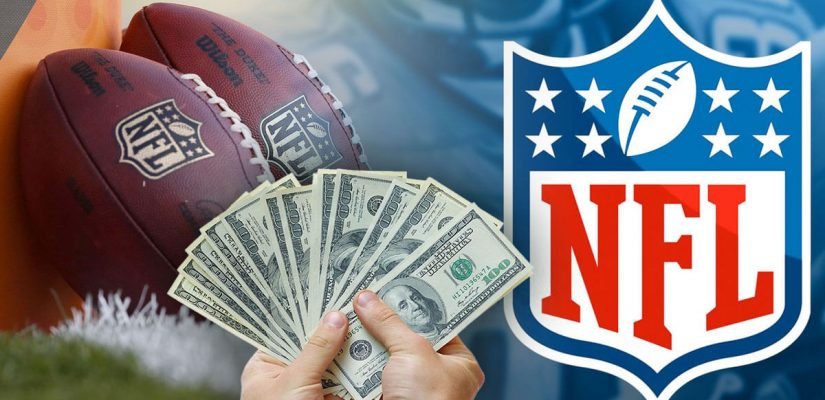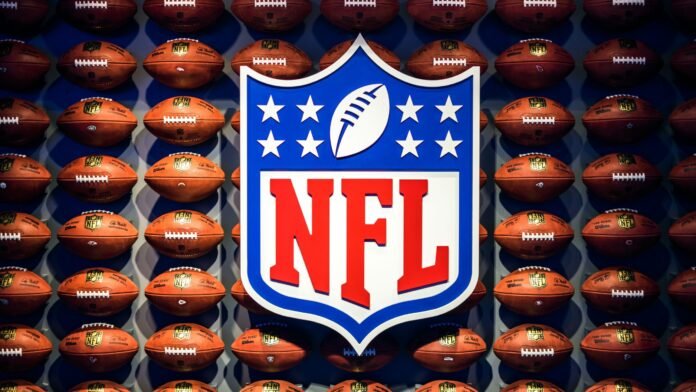Welcome to the thrilling world of NFL where passion, strategy, and entertainment collide on the gridiron. Have you ever wondered if the National Football League (NFL) is more than just a sports league? Join us as we delve into the captivating realm of one of America’s most beloved pastimes and explore whether the NFL is truly an entertainment business at its core. Let’s kick off this journey together!
The Role of Players and Coaches in the Entertainment Aspect
When it comes to the NFL being an entertainment business, the players and coaches play a crucial role in captivating audiences worldwide. These athletes are not just sports professionals; they are entertainers who bring skill, drama, and excitement to every game.
Players like Patrick Mahomes and Tom Brady showcase their talent on the field, drawing in fans with their remarkable abilities and clutch performances. The intense rivalries between teams add another layer of entertainment value that keeps viewers engaged throughout the season.
Coaches also contribute significantly to the entertainment aspect of the NFL. Their strategic decisions, sideline reactions, and occasional outbursts all become part of the spectacle that makes football more than just a game but a form of high-stakes theater for spectators.
The personalities and stories behind each player and coach create narratives that transcend mere competition, turning each match into a compelling chapter in the ongoing drama of professional football.
Revenue Generation in the NFL

The NFL is not just a sports league; it’s a massive revenue-generating machine. From ticket sales to merchandise, broadcasting rights to sponsorships, the league rakes in billions of dollars annually.
Television deals alone bring in staggering amounts of money for the NFL. Networks pay top dollar to broadcast games, making football one of the most-watched and lucrative forms of entertainment on TV.
In addition to TV contracts, the NFL capitalizes on merchandising opportunities like jerseys, hats, and other fan gear. The popularity of teams and players drives sales through various retail channels, further boosting revenue streams.
Impact on Local Economies and Communities
The NFL’s impact extends far beyond the football field, reaching into local economies and communities across the country. Game days bring a surge of visitors to host cities, boosting tourism and revenue for businesses in the area. From hotels to restaurants to souvenir shops, the influx of fans stimulates economic activity.
Local businesses often capitalize on game days by offering special promotions or tailgating events to attract both locals and out-of-town visitors. This increased foot traffic can have a significant positive effect on sales for these establishments, creating a win-win situation for all involved.
Furthermore, hosting an NFL team can elevate a city’s profile on a national scale, drawing attention not only from sports fans but also from potential investors and residents looking for dynamic places to live and work. The presence of an NFL franchise can contribute to the overall vibrancy and appeal of a community.
Controversies Surrounding the NFL’s Entertainment Image
The NFL, despite its immense popularity and status as a sports powerhouse, has not been immune to controversies surrounding its entertainment image. One of the most prominent issues that have plagued the league is player misconduct off the field. Instances of domestic violence, substance abuse, and criminal behavior by players have drawn negative attention to the organization.
Furthermore, controversies related to player protests during the national anthem have stirred up heated debates among fans and critics alike. The polarizing nature of these demonstrations has sparked discussions about free speech rights versus respecting traditional symbols.
Moreover, concerns over player safety and long-term health effects from concussions have also cast a shadow over the NFL’s image as an entertainment business. The league’s handling of player injuries and its concussion protocol policies have faced scrutiny from various stakeholders.
Conclusion
The NFL undeniably operates as an entertainment business. From its inception to the present day, the league has evolved into a powerhouse that not only showcases athletic prowess but also captivates audiences worldwide. The players and coaches play a vital role in shaping the entertainment aspect of the game, drawing fans with their skills and personalities.
Revenue generation is at the core of the NFL’s operations, with lucrative broadcasting deals, merchandise sales, and ticket revenues driving its financial success. This influx of money not only benefits team owners but also has significant impacts on local economies and communities by creating jobs and boosting tourism.
However, controversies surrounding player conduct off-field and concerns about player safety have challenged the NFL’s entertainment image. Despite these challenges, there is no denying that millions tune in every week to watch games for both sport and spectacle.
Whether you view it as a sport or entertainment business or a combination of both, one thing remains clear – the NFL holds a unique position in American culture as a beloved pastime that continues to capture hearts and minds across generations.


